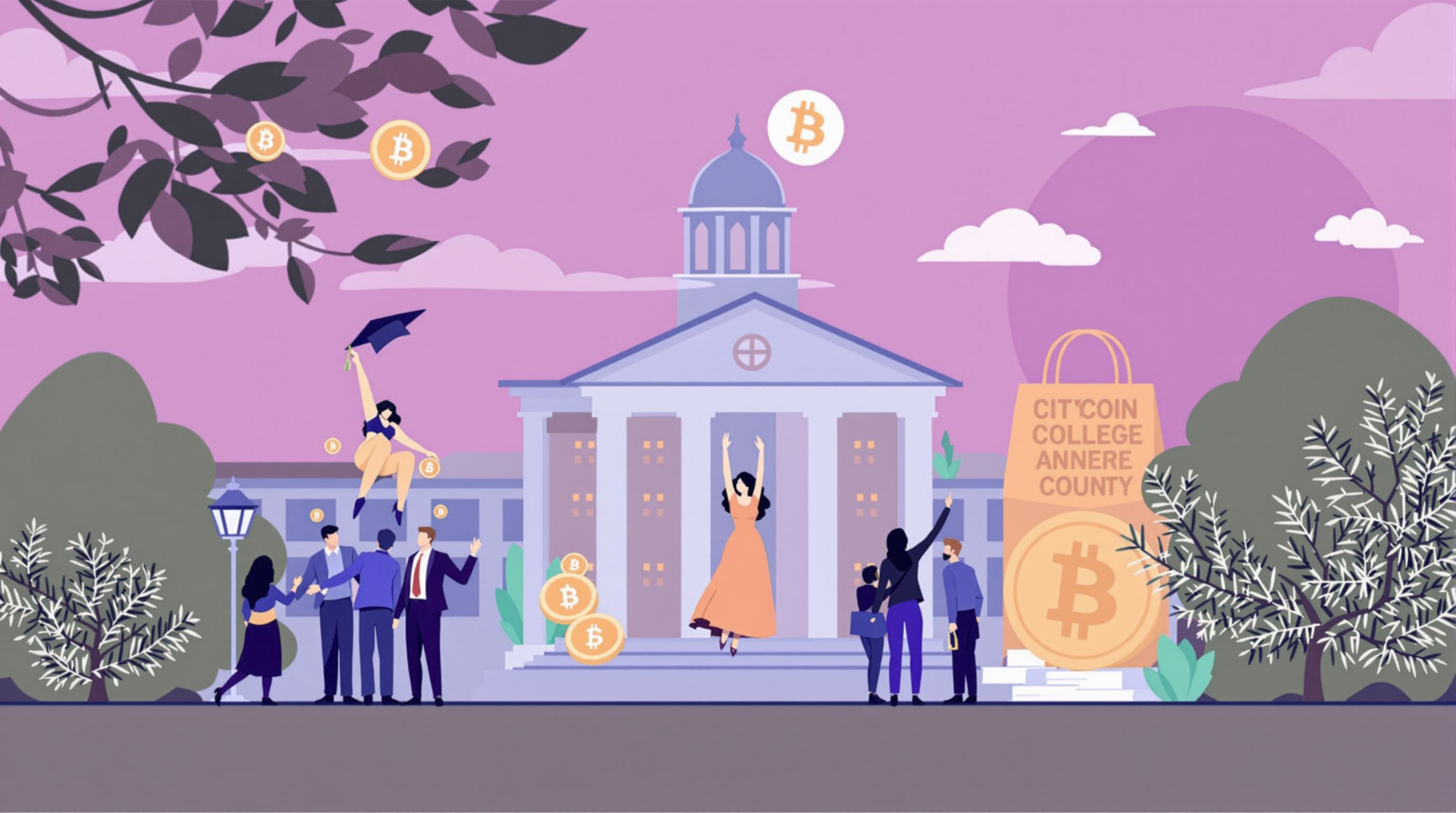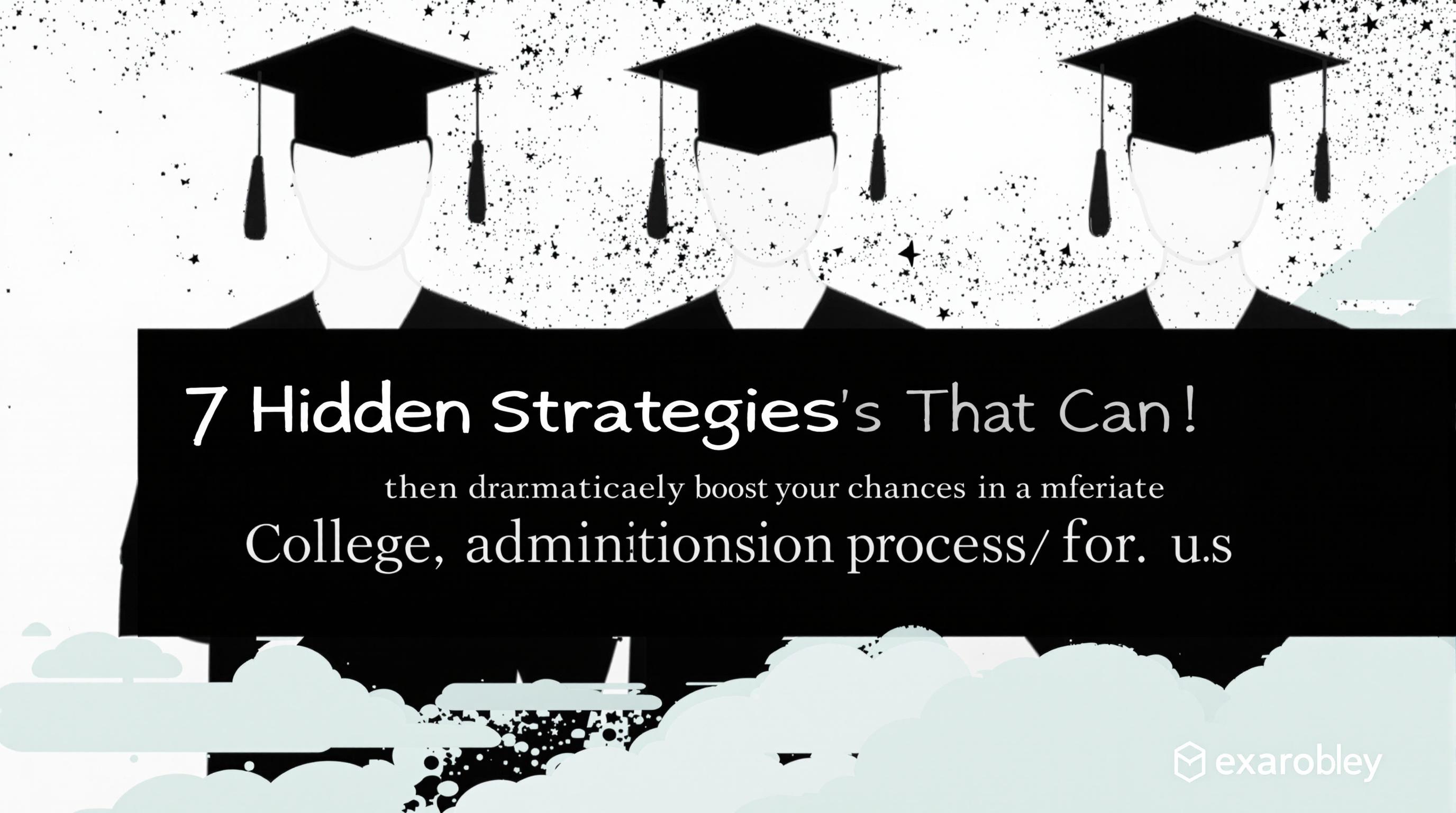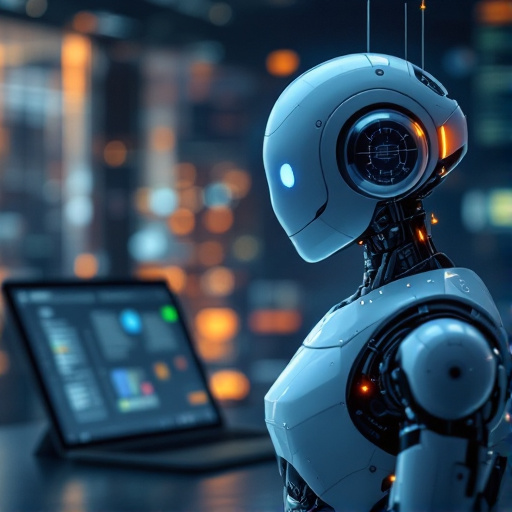Featured Articles
- 10 Unseen Factors That Could Transform Your College Admissions Experience in 2024
- 11 Surprising Trends in College Admissions: How Cryptocurrencies Could Influence Your Acceptance in 2024
- 7 Hidden Strategies That Can Dramatically Boost Your Chances in the College Admissions Process Today
- Beyond Grades: How Video Game Skills and Esports Experience Influence College Admissions in 2024
- "Beyond Test Scores: The Rise of Emotional Intelligence in College Admissions Decisions"
The Rise of Algorithmic Bias in College Admissions: Are AI Tools Choosing Our Futures?
The Rise of Algorithmic Bias in College Admissions: Are AI Tools Choosing Our Futures?
With the increasing reliance on algorithmic tools in college admissions, the question arises: Are these digital gatekeepers determining our futures without fairness? This article explores the rise of algorithmic bias, its implications, and the ongoing debate around AI tools in the admission process, weaving in statistics, real-life stories, and the human experience behind the data.
The Mechanics of AI in Admissions
At the core of college admissions today is a blend of tradition and technology. Institutions like Harvard, Stanford, and the University of California have embraced algorithms to sift through thousands of applications. But how do these algorithms work? They analyze data such as SAT scores, GPA, personal statements, and other metrics to predict a student's potential.
What's Driving the Change?
The demand for more efficient admissions processes is significant. A report by the National Association for College Admission Counseling reveals that some colleges see upwards of 30,000 applications each year. This data tsunami can overwhelm even the most seasoned admissions officer. Hence, using algorithms is seen as a practical solution to streamline and standardize the process.
Algorithmic Bias: It’s not just a buzzword
Algorithmic bias refers to the flawed assumption or prejudice embedded within machine learning systems. A study from the MIT Media Lab found that facial recognition software misidentified women of color up to 34% of the time (Buolamwini & Gebru, 2018). This is a critical reminder that the data used to train these algorithms often reflects existing societal biases. When applied to college admissions, the implications are profound.
The Stakes: Who Gets Left Behind?
Let’s consider Sarah, a brilliant high school senior from a lower-income background. Despite her excellent grades and determination, she relies on her school’s outdated resources for test preparation. An algorithm trained primarily on data from affluent students may overlook her potential, leading to an admissions decision that doesn't consider her tenacity and grit. Stories like Sarah’s are becoming more common, raising concerns about systemic inequalities in access to quality education.
The Dangers of Blind Trust
In some cases, colleges are too reliant on AI’s objectivity. An investigation by ProPublica revealed that a predictive policing algorithm used in criminal justice was disproportionately impacting people of color. If similar biases exist in college admissions AI, the consequences could deny deserving students access to opportunities based on skewed data. Trusting these systems without scrutiny risks perpetuating cycles of disadvantage.
Pizza and Algorithms: A Casual Connection
Now, let’s take a breather for a moment and connect this to something we all love: pizza. Imagine ordering your favorite pie through an app that uses an algorithm to predict your taste based solely on your location and past orders. If it only shows you variations of pepperoni, you might miss out on the delectable, artisanal, vegan mushroom pie across the street. Similarly, limiting college choices based on biased algorithms could prevent students from finding their perfect “slice” of education.
Human Touch: The Need for a Balanced Process
As we delve deeper into these issues, it becomes clear that AI might not be the complete answer but rather part of a more nuanced approach. Even as algorithms improve, one thing remains paramount: the human touch in admissions. An interview or a nuanced understanding of an applicant's personal background cannot simply be mapped to a data point.
The Role of Holistic Admissions
Holistic admissions processes are not a novel concept. They consider factors beyond numbers—such as a student's character, commitment to community service, and unique life experiences. Approximately 85% of colleges and universities claim to utilize some form of holistic review, showcasing recognition of the human element that numbers can’t encapsulate (National Association for College Admission Counseling, 2021).
Case Study: The University of California
In response to these developments, the University of California system decided to eliminate standardized test scores like the SAT and ACT from their admissions process due to concerns over equity and bias. The results? A more diverse student body without having to strictly adhere to numerical values that didn’t tell the whole story. The data reported a 22% increase in admission offers to students from historically underrepresented backgrounds in the first year after this policy was implemented (University of California, 2021).
Calling to Action: The Future of Admissions
The rise of algorithmic bias in college admissions isn't just a technological issue; it's also fundamentally an ethical one. As students and parents, we must advocate for greater transparency in how these algorithms function and push for policies that emphasize fairness over efficiency. Organizations such as the AI Now Institute advocate for increased scrutiny and regulation of algorithms that affect people’s lives.
A Vision for Equity and Justice
Imagine a future where admissions decisions acknowledge the multifaceted nature of potential. Picture colleges equipped not just with data but with a commitment to equity, navigating the digital landscape with the human experience as its compass. Isn’t this a future worth striving for?
Humor and Humanity in Admissions
Now, before we wrap things up, let’s inject a dose of humor. Picture admissions officers buried under a mountain of paper, exhaustedly scrolling through applicant profiles like they're binge-watching the latest Netflix series. “If this algorithm rejects one more applicant based on an SAT score, I’m trading it for a magic eight-ball!” While it’s a joke, there’s truth in the chaos of managing vast data pools. Human connections, laughter, and engaging conversations are what truly enrich our academic communities.
A Global Perspective
Looking internationally, countries like Australia are also grappling with similar challenges. In Australia, an AI tool implemented in admissions has sparked debate among educators about fairness and representation. Ensuring all students can access opportunities irrefutably requires understanding cultural contexts and dismantling existing biases inherent in algorithms.
Final Thoughts: Navigating the Algorithmic Maze
The intersection of artificial intelligence and college admissions is fraught with possibilities and pitfalls. It places the onus squarely on educational institutions to cultivate a balanced approach, ensuring fairness through human oversight while benefiting from technology's efficiency. Ultimately, the future of college admissions should celebrate diversity in all its forms, embracing the human stories behind each application.
We are at a crossroads. As those affected by these admissions processes, it’s vital for us to demand greater accountability, transparency, and ethics in how algorithms are employed in choosing our educational journeys. It may not be a panacea, but with sincere efforts, we can ensure that technology serves humanity, not the other way around.




